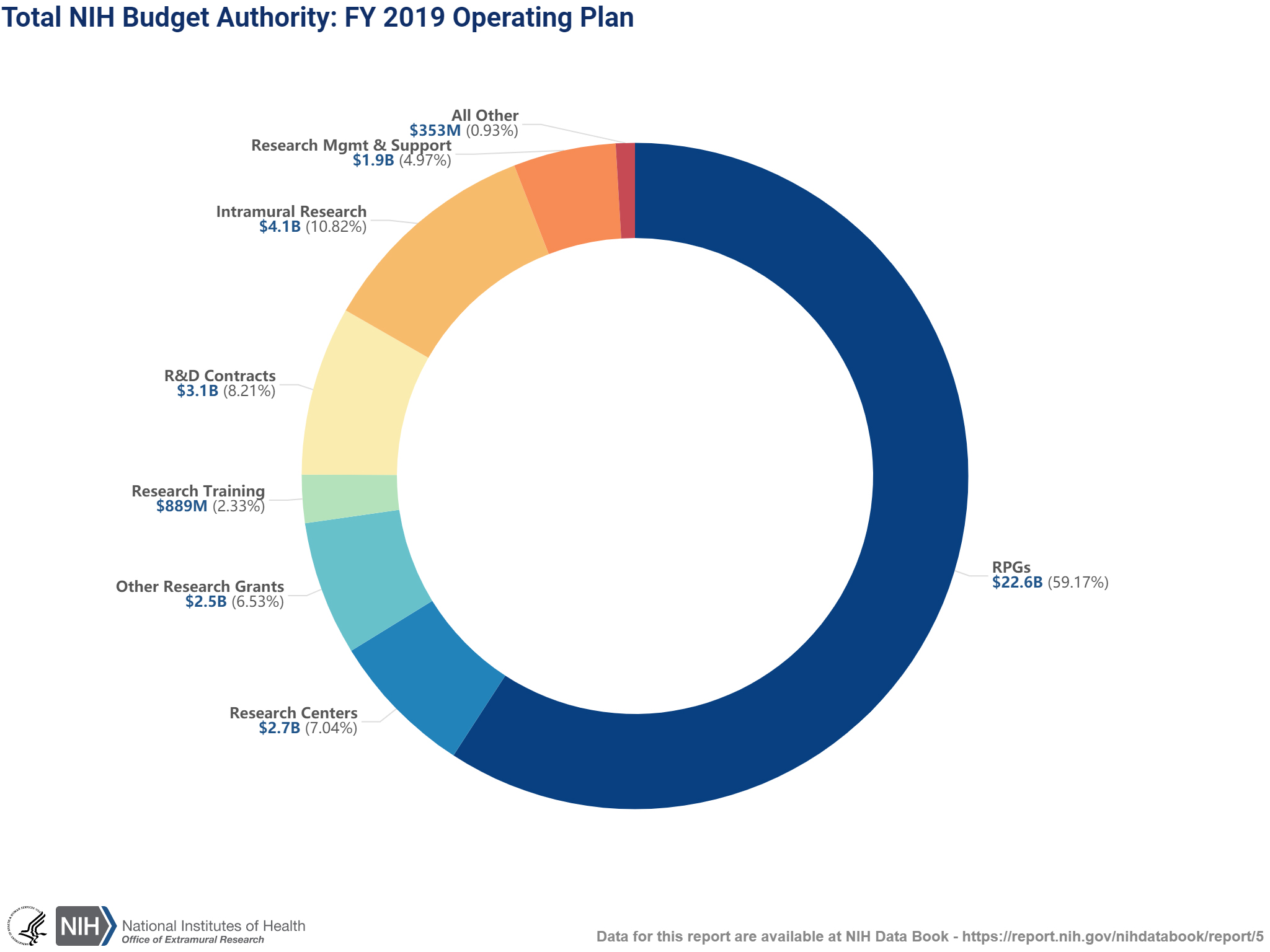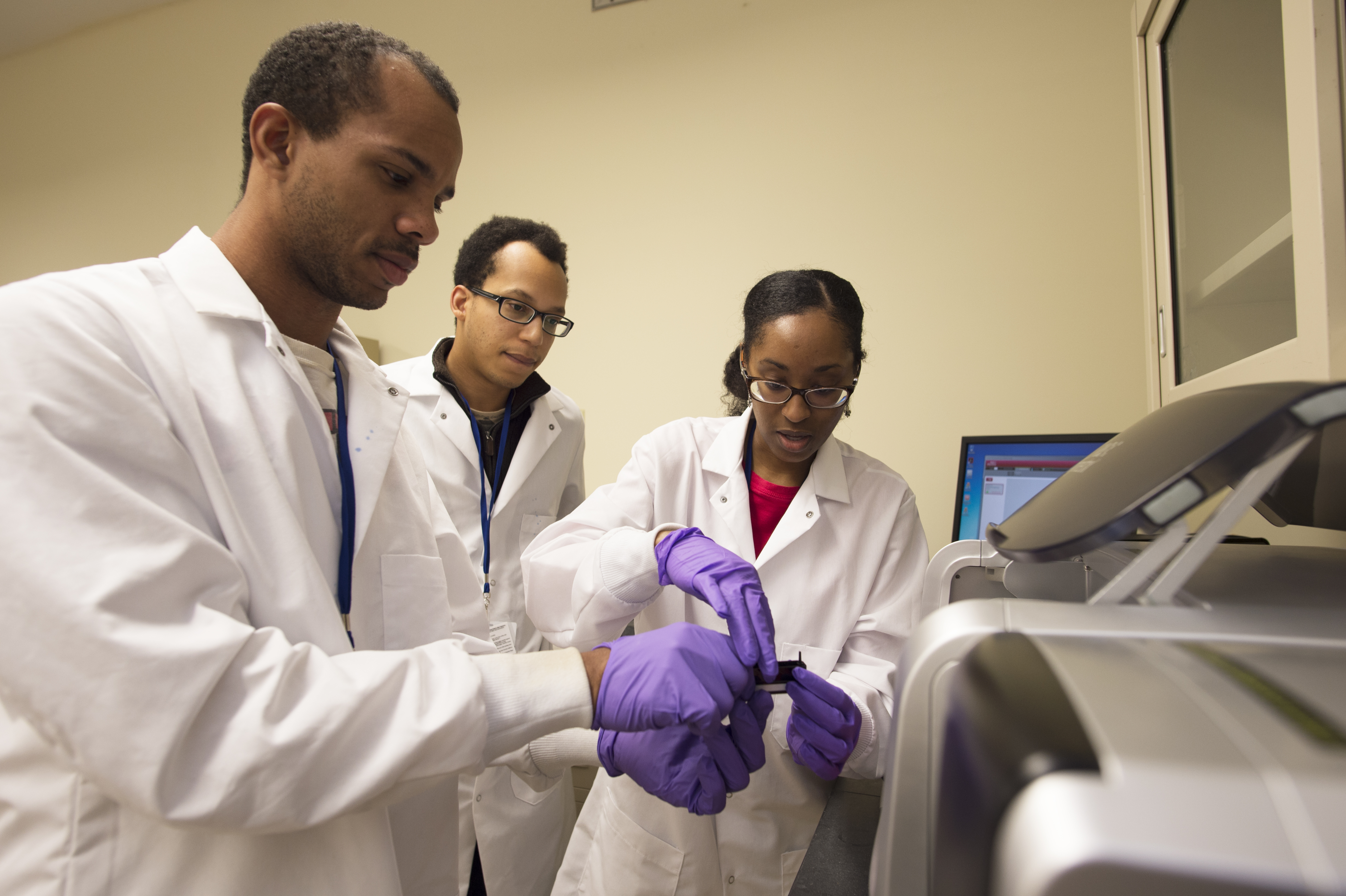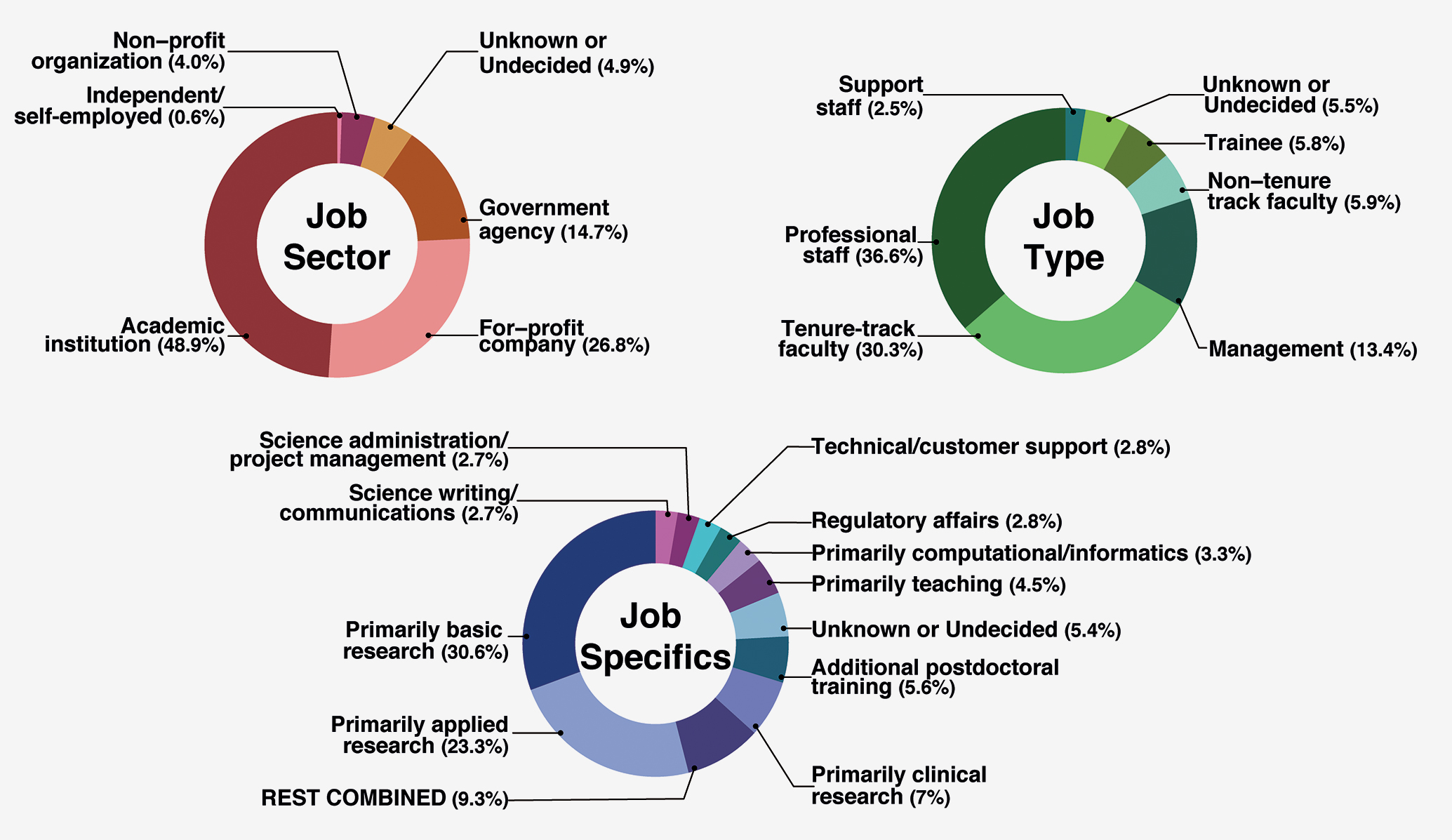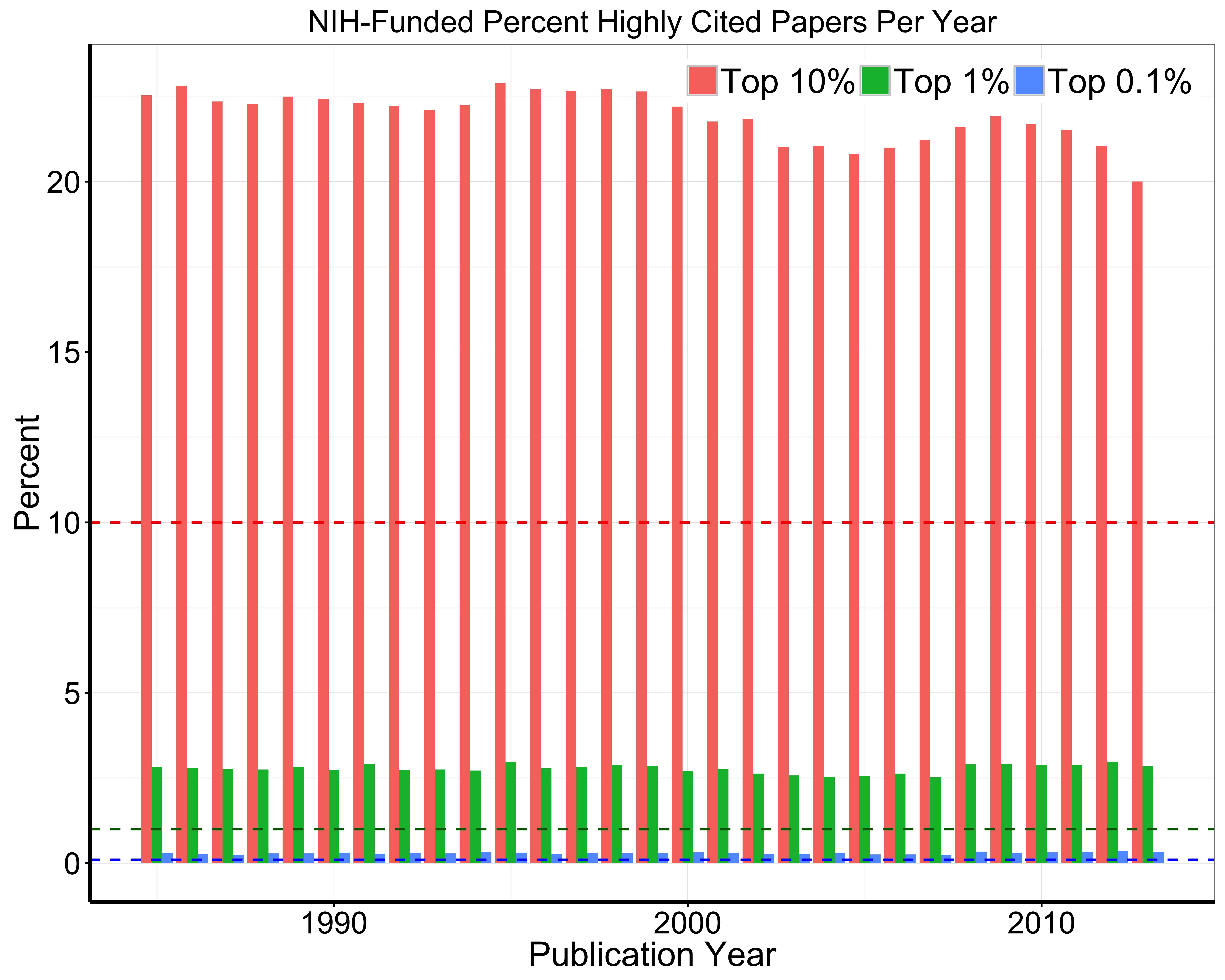NIH Funding Freeze: Impact On Biomedical Research And Healthcare
NIH Funding Freeze: Impact On Biomedical Research And Healthcare
Editor's Notes: "NIH Funding Freeze: Impact On Biomedical Research And Healthcare" have published today. For long time this is debatable topic. NIH Funding Freeze: Impact On Biomedical Research And Healthcare and related things influences many areas. As our effort and analysis, we dig the information and made NIH Funding Freeze: Impact On Biomedical Research And Healthcare guide to help you make the right decision.
Key differences
| 2020 | 2021 |
|---|---|
| $41.7 Billion | $42.9 Billion |
| Increase of $1.2 Billion | Increase of $4.65 Billion |
FAQ
This FAQ section provides comprehensive answers to common questions regarding the impact of the NIH Funding Freeze on biomedical research and healthcare.

NIH Research Grants – Digital Media Kit | National Institutes of Health - Source www.nih.gov
Question 1: What is the NIH Funding Freeze?
The NIH Funding Freeze refers to a temporary suspension of National Institutes of Health (NIH) funding for research grants due to a lapse in the federal budget. This freeze disrupts ongoing research projects and hinders the initiation of new ones.
Question 2: How does the Funding Freeze affect researchers?
Researchers face significant challenges as the Funding Freeze halts the flow of funds for salaries, equipment, and supplies. It forces them to scale back or even abandon research projects, leading to delays in scientific advancements.
Question 3: What are the implications for biomedical research?
The Funding Freeze has severe consequences for biomedical research. It slows down progress in fighting diseases, developing new treatments, and improving healthcare outcomes. The freeze hinders innovation and discovery, potentially leading to a decline in the nation's scientific competitiveness.
Question 4: How does the Funding Freeze impact healthcare?
The Funding Freeze indirectly affects healthcare by hindering the advancement of biomedical research. Delays in scientific discoveries can slow down the development of new therapies, diagnostic tools, and treatments, ultimately compromising the quality and effectiveness of healthcare services.
Question 5: What are the long-term consequences of the Funding Freeze?
Prolonged Funding Freezes can have lasting negative effects on biomedical research and healthcare. They may lead to brain drain, deter talented researchers from entering the field, and erode the United States' leadership in scientific innovation.
In conclusion, the NIH Funding Freeze poses significant challenges for biomedical research and healthcare. Addressing the disruptions caused by this freeze is crucial for maintaining the progress and excellence of the nation's scientific endeavors and ensuring the well-being of the public.
Return to the main article for further insights into the NIH Funding Freeze and its implications.
Tips
The NIH Funding Freeze: Impact On Biomedical Research And Healthcare is expected to have a significant impact on biomedical research and healthcare. Here are some tips to help you weather the storm:
Tip 1: Prioritize your research. Decide which projects are most important and focus your efforts on those.
Tip 2: Explore alternative funding sources. There are a number of private and non-profit organizations that provide funding for biomedical research. For more information, visit this page
Tip 3: Collaborate with other researchers. Sharing resources and expertise can help you stretch your funding further.
Tip 4: Be creative. There are a number of ways to conduct research without spending a lot of money. For example, you can use open-source software and data, or collaborate with researchers in developing countries.
Tip 5: Communicate your findings. It is important to share your research findings with the scientific community and the public. This will help to raise awareness of the importance of biomedical research and the need for continued funding.
The NIH funding freeze is a serious challenge, but it is not insurmountable. By following these tips, you can help to ensure that your research continues to make a difference in the world.
NIH Funding Freeze: Impact On Biomedical Research And Healthcare
A freeze on funding from the National Institutes of Health (NIH) will heavily impact biomedical research and healthcare. It will lead to delays in ongoing research, a decline in biomedical innovation, and a reduction in the quality of healthcare services. This will ultimately have a far-reaching effect on the health and well-being of individuals and communities.
- Delayed Research: The funding freeze will abruptly pause or slow down ongoing research projects, resulting in delayed completion or abandonment.

Biomedical Sciences Research, MS - Macon & Joan Brock Virginia Health - Source www.evms.edu - Reduced Innovation: Decreased funding will hinder the initiation of groundbreaking biomedical research, slowing down the progress of scientific discoveries and advancements.

New tool visualizes employment trends in biomedical science | National - Source www.nih.gov - Diminished Healthcare Quality: Without adequate funding, healthcare providers may struggle to offer the latest cutting-edge treatments, leading to a decline in the quality of patient care.
- Economic Impact: The funding freeze will lead to job losses in research institutions and pharmaceutical companies, negatively impacting the economy.
- Exacerbated Health Disparities: The freeze will disproportionately affect underfunded research areas related to underserved communities, leading to the widening of health disparities.
- Global Health Impact: NIH funding supports research addressing global health challenges. A freeze will undermine efforts to combat infectious diseases and improve health outcomes worldwide.
In conclusion, the NIH funding freeze has far-reaching consequences for biomedical research and healthcare. Its impact will be felt by researchers, patients, and wider communities. Immediate action is needed to ensure that this vital funding is restored to preserve scientific progress, improve healthcare outcomes, and safeguard the health of present and future generations.
NIH Funding Freeze: Impact On Biomedical Research And Healthcare
The National Institutes of Health (NIH) funding freeze has a significant impact on biomedical research and healthcare. Biomedical research is essential for developing new treatments for diseases, improving healthcare, and understanding the human body. The NIH provides funding for a wide range of research projects, including those that focus on cancer, heart disease, HIV/AIDS, and Alzheimer's disease. A funding freeze will hinder the progress of these projects and could have a negative impact on the health of Americans.
.jpg)
ORWH: In the Spotlight - Source orwh.od.nih.gov
In addition to supporting biomedical research, the NIH also provides funding for healthcare programs. These programs help provide access to healthcare for low-income Americans, the elderly, and people with disabilities. A funding freeze could lead to cuts in these programs, which would have a devastating impact on the health of these vulnerable populations.

Public Funding Essential for Advances in Biomedical Research - News - Source www.hbs.edu
The NIH funding freeze is a serious threat to biomedical research and healthcare in the United States. It is essential that Congress take action to restore funding to the NIH so that it can continue to support the research that is essential for improving the health of Americans.

Publication Impact of NIH-funded Research – A First Look – NIH - Source nexus.od.nih.gov
Table: Impact of NIH Funding Freeze on Biomedical Research and Healthcare
| Area | Impact |
|---|---|
| Cancer Research | Delays in development of new cancer treatments |
| Heart Disease Research | Slower progress in understanding and treating heart disease |
| HIV/AIDS Research | Reduced funding for HIV/AIDS prevention and treatment programs |
| Alzheimer's Disease Research | Delays in developing new treatments for Alzheimer's disease |
| Healthcare Programs | Cuts in healthcare programs for low-income Americans, the elderly, and people with disabilities |
Conclusion
The NIH funding freeze is a serious threat to the health of Americans. It is essential that Congress take action to restore funding to the NIH so that it can continue to support the research that is essential for improving the health of Americans.
The NIH is the largest public funder of biomedical research in the world. Its funding supports a wide range of research projects, from basic research to clinical trials. This research has led to new treatments for diseases, improved healthcare, and a better understanding of the human body.
A funding freeze will hinder the progress of this research and could have a negative impact on the health of Americans. It is essential that Congress take action to restore funding to the NIH so that it can continue to support the research that is essential for improving the health of Americans.
NVidia Corporation: A Leader In Semiconductor Technology For Gaming, Data Centers, And More, The Ultimate Sports Hub: Stay Ahead With Breaking News, In-Depth Analysis, And Live Scores, Xavier Woods: Multifaceted WWE Star, Gamer, And Entrepreneur, Immerse Yourself In The Enchanting Realm: Arcadia's Epic Cinematic Odyssey, Hero Kanu: Nigerian Football Legend And Trailblazer, Chiara Ferragni And Fedez: A Power Couple Of Fashion And Music, Austin Hays: Rising Baltimore Orioles Star And Elite Defender, UCLA Men's Basketball: Dominating The Court With Championships And Star Players, Unlock The Magic Of Disney+: Your Ultimate Guide To This Saturday's Unforgettable Experience, Secure Your Financial Stability: A Comprehensive Guide To Social Security Stimulus Checks In 2025,